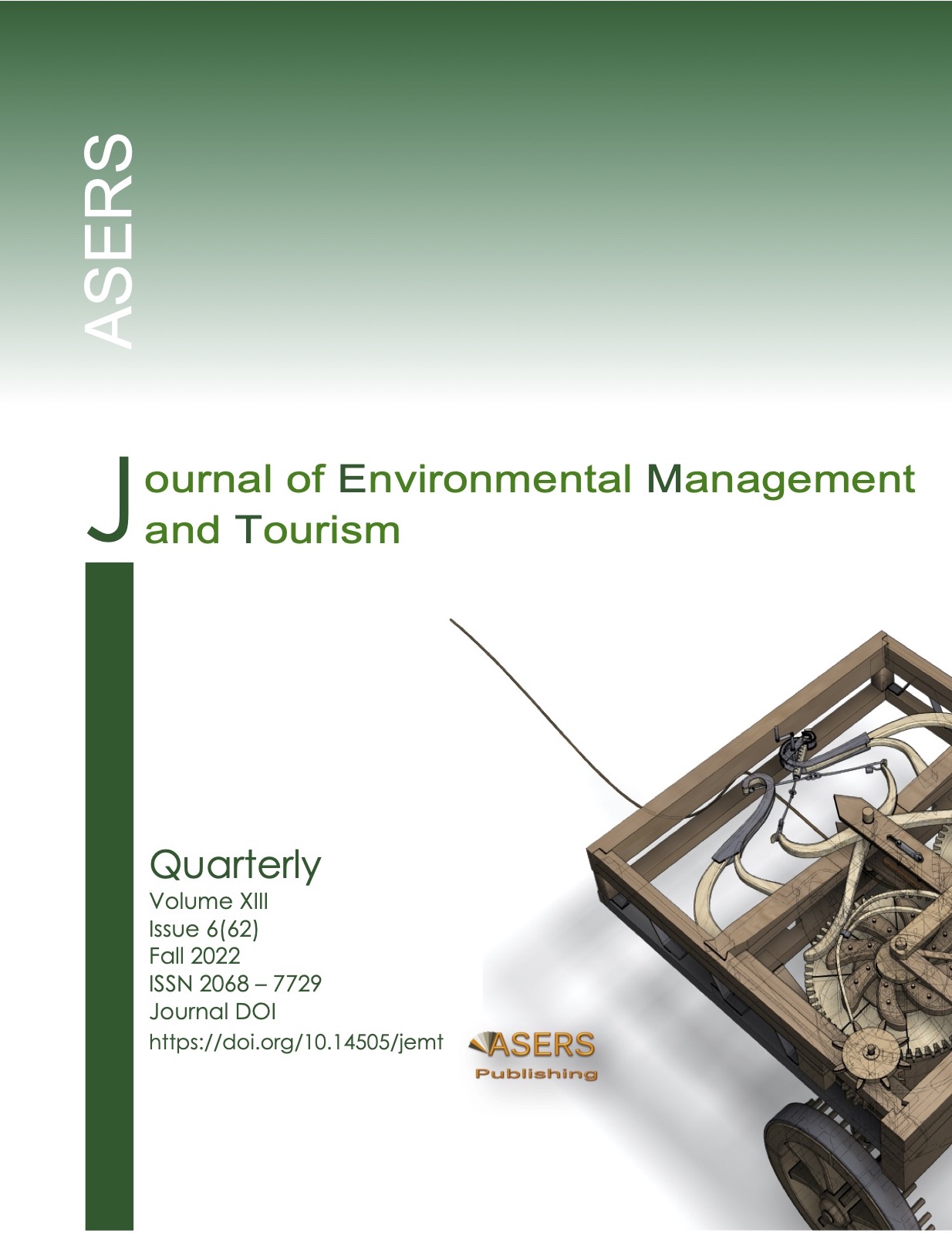Observing the Dunning - Kruger Effect in the Results of Tourism Studies
Observing the Dunning - Kruger Effect in the Results of Tourism Studies
Author(s): Tibor GondaSubject(s): Methodology and research technology, Tourism, Socio-Economic Research, Sociology of Education
Published by: ASERS Publishing
Keywords: Dunning-Kruger effect; questionnaire study; educational levels; environment awareness; responsible tourism;
Summary/Abstract: When conducting questionnaire studies, we need to ensure that realistic results are drawn from responses in order for valid conclusions to be possible. However, we know that some people overestimate their own knowledge and competence. Scholars have identified this phenomenon as the Dunning-Kruger effect. In the course of the background analysis of the results of a 2018 study of tourism consumption habits, it was revealed that there was significant correlation between educational levels and the results of the study. However, in most cases, this relationship did not show the expected direction. The present study focuses on the results obtained for questions related to environmentally conscious and responsible consumer behavior. Several studies have verified the relationship between education and realistic self-esteem. Those with highest levels of education are most likely to have realistic views of the self and to slightly underestimate their actual knowledge and skills. In contrast, lower-skilled individuals are characterized by significantly overestimating their abilities. This is attested by the results of the current research, results that can be seen as related to the Dunning-Kruger effect.
Journal: Journal of Environmental Management and Tourism (JEMT)
- Issue Year: XIII/2022
- Issue No: 6(62)
- Page Range: 1551-1556
- Page Count: 6
- Language: English
- Content File-PDF

